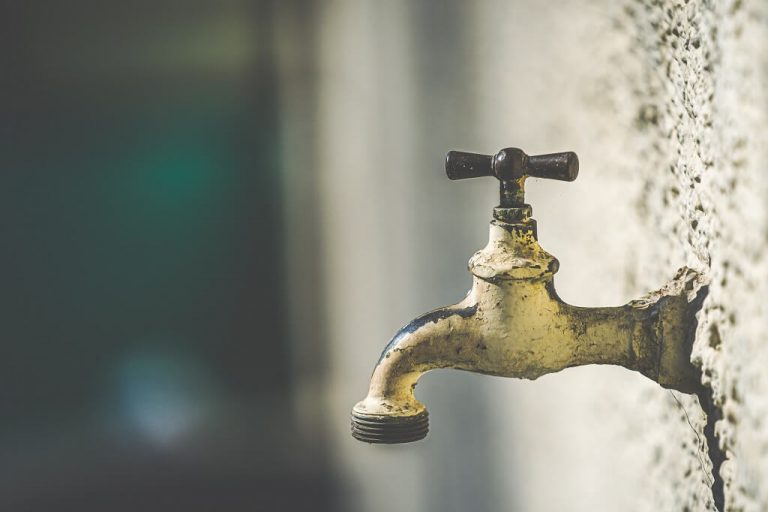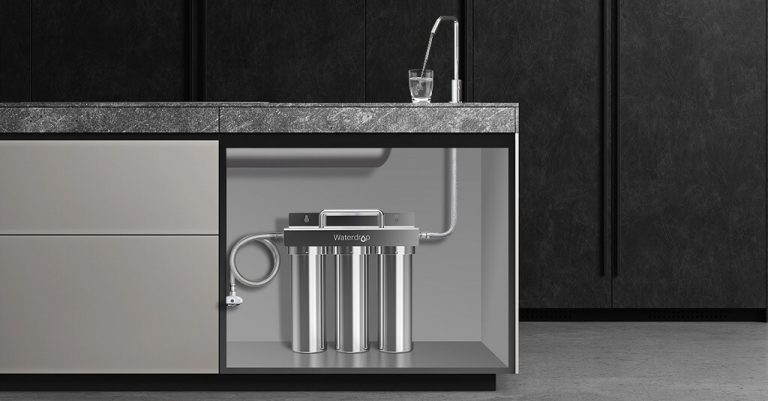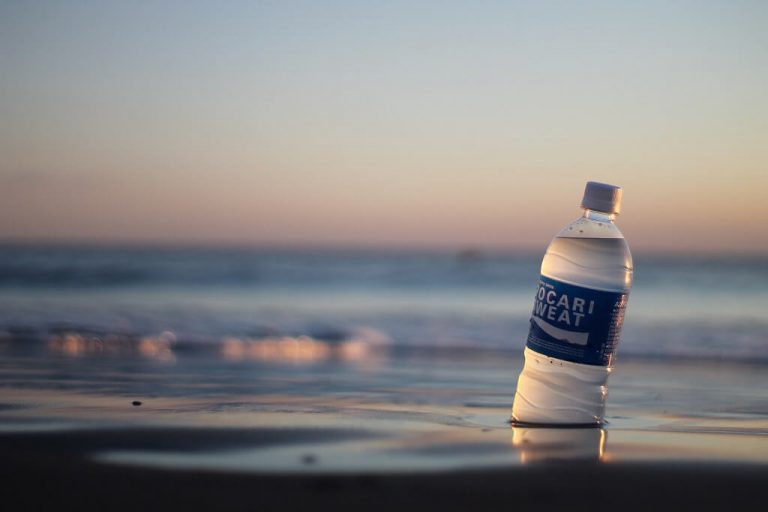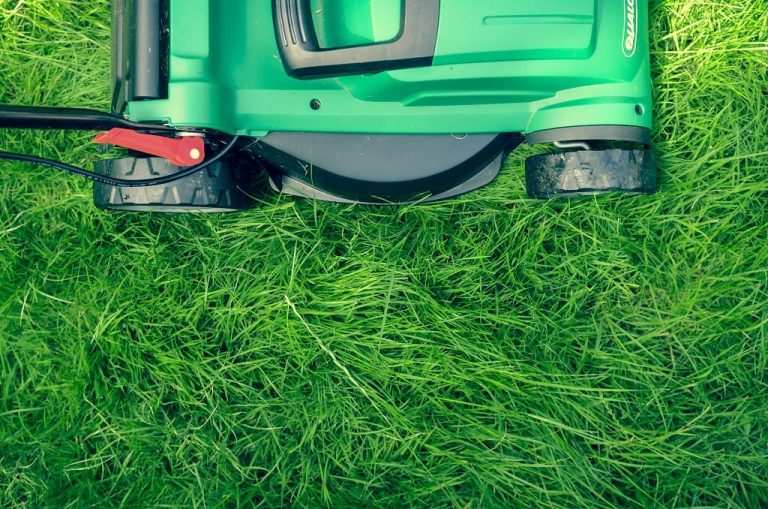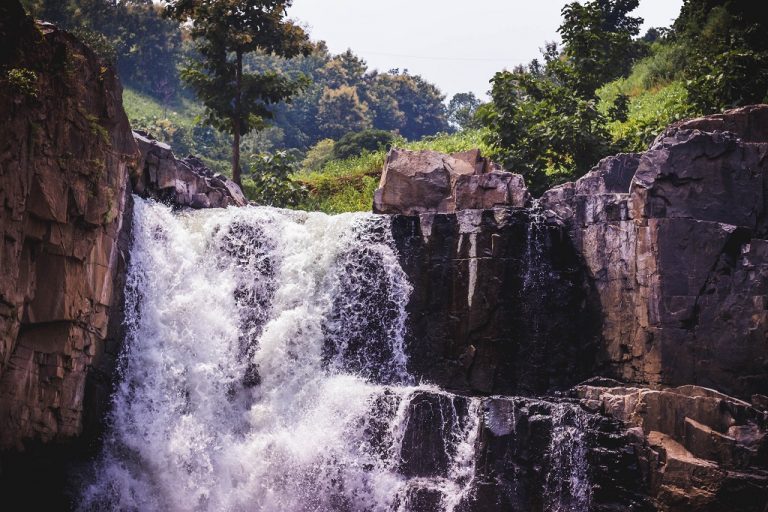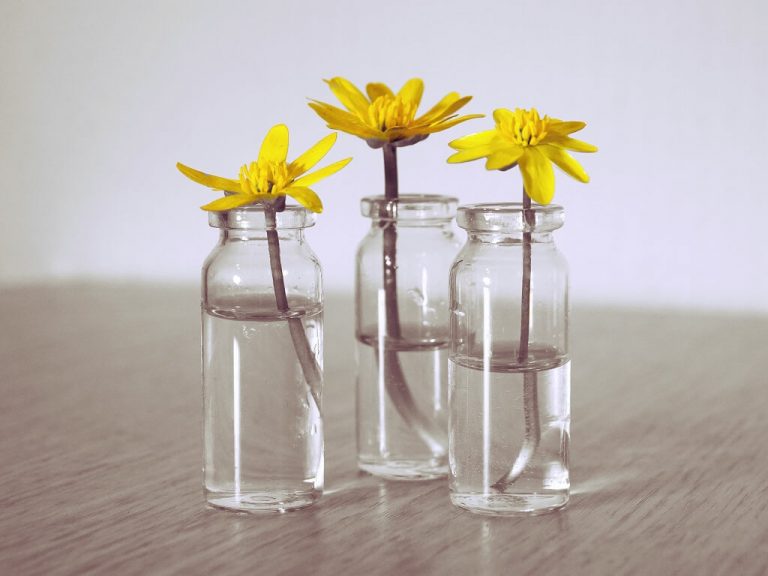Tap water is often taken for granted, even though it is so important. You probably do not think twice about putting it in your dog’s bowl every morning. But is tap water really safe for your pet? Dr. Ann Hohenhaus, a veterinarian at Animal Medical Center in New York City, says that in the vast majority of cases, it is. But as the water crisis in Flint, Michigan, has shown, not all tap water is safe. “If you would not drink that water, you should not feed it to your dogs,” Hohenhaus says. Is It Safe to Give Your Dog Tap Water? According to the findings, dogs do not develop bladder cancer from drinking tap water. Long-term exposure to disinfected tap water – the water that comes out of our taps after being treated with chemicals like chlorine – has been linked to bladder cancer in humans. However, no such…
Every form of home water pressure is frustrating and annoying. Whether it is taking too long for your washing machine or dishwasher to complete a cycle or you are spending several minutes to fill your bathtub or sink from your faucet, the culprit remains the same – low water pressure. It is easier to fix the problem if it affects only one fixture. In that case, you only have to focus on the fixture or the pipes serving it. However, if the problem is widespread and affects the whole house water system, you have more work to do. Either way, you should start by identifying the cause of low water pressure to resolve the problem effectively. Is Your Water Meter Valve Completely Open? Most homes have two primary shutoff valves that control water entry into the house. The water meter valve is the first shutoff valve, and you find it…
Babies drinking breast milk or formula is a known fact. But can these tiny humans drink water? Let’s start by saying babies can do well without water for the first few months. Yes, you may add water to their mix; they need just a few sips. Here are some interesting revelations about babies and water consumption. Can Babies Drink Water? A baby can only drink water (in sips) when they have started eating solid foods. Until then, you can trust the breast milk and/or formula to deliver all the hydration they need. When Should Babies Drink Water? In more precise terms, you should only give water to your baby when they are around six months old. By then, they are already eating solid foods, which usually start between four and six months old. The right way to offer water to a baby is in little amounts from a sippy cup.…
The holiday season is one of the busiest times of the year, but it can be better managed with a little planning ahead. Today, we are giving you some tips on how to prepare your home for the holidays. We have put together the best Christmas preparations checklist to help you get ready for the holidays – from cleaning your rooms to unpacking Christmas items. When should you start your Christmas preparations? The best time to start Christmas preparations is in July. Many stores have mid-year specials, so this is a great time to buy Christmas decorations. If you shop early, you can take advantage of special product discounts while avoiding supply shortages and delivery delays. How to get your house ready for the holidays 1. Get your Clutter in Order Before you start decorating for the holidays, take a day or two to declutter your home. Go through your…
Every day we see significant changes in our environment and the consequences for our living conditions. We can significantly improve not only our own well-being, but also the environment if we take our personal health seriously. A water filtration system is one way health-conscious people can improve their lives. If you do not already have a water purifier, you can read about the benefits of drinking purified water here: The Benefits of Purified Water A quick search on Amazon yields a plethora of water filter products, most of which are made of plastic. Given the known problems associated with the use of plastic, especially plastic water bottles, it is not surprising that there is some skepticism. What should you look for in a water filter and how can you provide your family with a safe source of filtered water without using plastic? Are Plastic Water Filters Safe? In general, the…
About 67% of American homes own a pet. A recent study by the American Pets Products Association shows at least one pet living with 85 million families. Now, more than ever before, pets have become part of families. Pets require care just like humans for their well-being. Most people spend time researching healthy food for their pets while neglecting healthy water. Filtered water has numerous benefits. If your family takes filtered water, you should consider giving your pets as well. This article discusses six reasons why you should give your pets filtered water. Kindly read on to learn more. 1. Filtered Water Improves Hydration Pets, just like humans, have a large water composition. Therefore, both pets and humans require water to stay hydrated and cool off. Because filtered water tastes great, pets will want to drink more of it once they access it. The more pets drink water, the less…
Bottle water drains the environment. The U.S public uses about 50 billion water bottles per annum, with most of it going unrecycled. Transporting and keeping water bottles cold burns fossil fuels, giving off greenhouse gases. Furthermore, bottled water companies pump groundwater, drawing heavily on underground aquifers and harming watersheds. Also, it is estimated that one liter of bottled water requires three liters of water for production. Yet, over $100 billion is the global spend on bottled water annually. Many cities in developing countries without a safe tap water source rely on bottled water as a safer option. In the U.S, tap water is federally regulated and screened frequently for dangerous pollutants. However, the public consumes 21 gallons (79 liters) of bottled water per capita annually. The bottled water industry is very thriving; the number of gallons sold outpaces milk, juice, and coffee. However, it is still behind soda and beer.…
With a little practice, you can have a beautiful, healthy lawn while conserving water! The EPA or Environmental Protection Agency’s Stats have shown that approximately one-third of all U.S. Residential properties use water for irrigation but half of (50%) irrigation water is wasted due to poor water practices. You should learn the best ways for using water, whether you want to conserve water or are concerned about the rising cost of water, you will find out you can provide less water and still have a beautiful lawn. Understanding Your Lawn’s Grass If the grass in your lawn is natural to the area you live in, their water needs are in line with the region you live in, and therefore less maintenance is required. As an example, Kentucky bluegrass or tall fescue are excellent choices for cooler northern zones while Bermuda grass or Zoysia grass is perfect for warmer southern zones.…
Drinking enough water is important for your health because it contributes to the normal functioning of all cells in your body. Therefore, it is important that you drink enough fluids throughout the day. There are many different types of water, with spring water and filtered water being the most popular. You may be wondering how they differ and whether you should choose one or the other. Compare The Standards Purified water and spring water have different health requirements, which is one of the main differences. All impurities in water must be reduced to less than 10 parts per million to be considered purified. The Environmental Protection Agency has ruled that this is much higher than the levels required for normal drinking water, including tap water. Chemicals and pathogens must be removed from purified water, but not microbes. Often purified water is confused with filtered water. However, this is not correct…
Just like human bodies, plants of all types react differently to various types of water. In fact, what works for one type of plant, may not necessarily work well for another. This is highly dependent upon where the plant originates from, the environment it has grown accustomed to, and more. When a plant has been given something it doesn’t prefer, it also provides a few physical queues to let you in on it’s sufferings. With these details in mind, let’s jump right into the water options available for your beloved house plants. Utilizing Natural Sources Natural water sources can be vital to the overall success of growing plants indoors, depending upon several other factors. It may be confusing to determine what constitutes a “natural source” when it comes to water, so we narrowed it down for you. If you have the ability to harvest water from a natural source, ensure…


